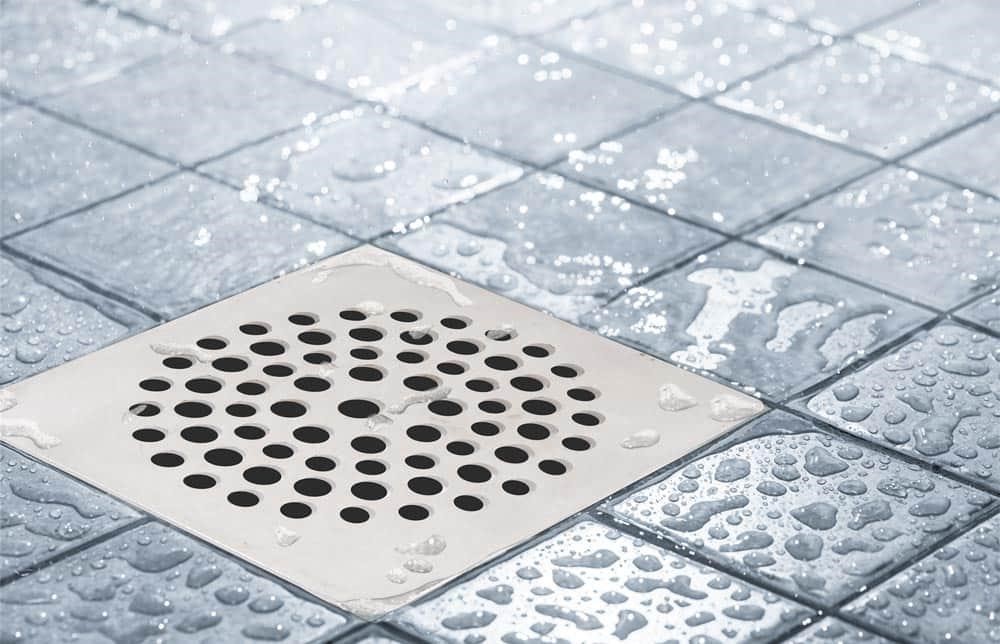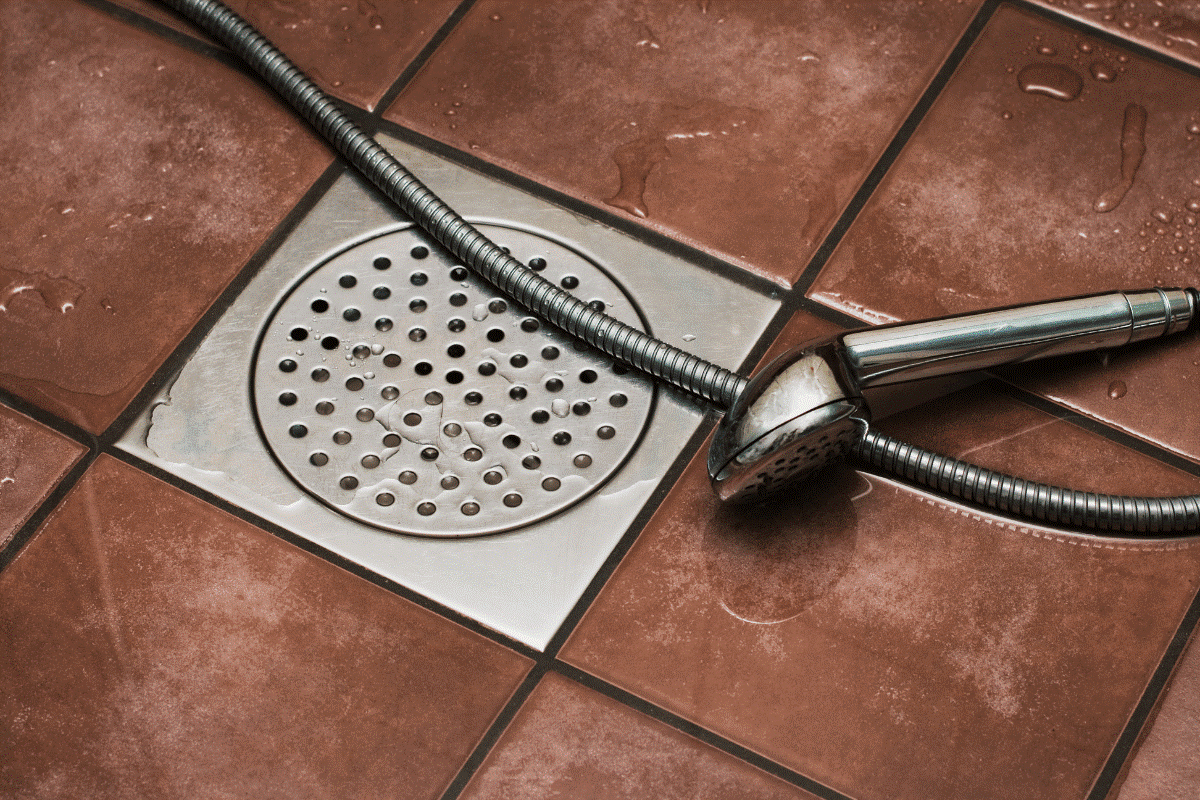Grease is a common byproduct of cooking, and many of us have the habit of disposing of it by pouring it down the drain. After all, it’s liquid when hot, so it seems like the easiest solution. However, this practice is not only harmful to your plumbing but can also have significant environmental consequences. In this article, we will explore the reasons why you should never pour grease down the floor drain, focusing on how it can affect your plumbing system and the environment. We’ll also discuss alternative methods for grease disposal to help you maintain a clean and efficient plumbing system.
The Problem with Pouring Grease Down the Floor Drain
1. Clogs: When warm grease goes down the drain, it may look harmless, but as it cools, it solidifies, creating a sticky, gunky mess. Over time, this accumulation of grease can lead to stubborn clogs. These blockages can slow down drainage, and in severe cases, they can cause backups that flood your sink, dishwasher, or floor drain.
2. Environmental Impact: Pouring grease down the drain doesn’t just affect your plumbing; it can harm the environment too. Grease that enters the sewer system can combine with other chemicals, forming harmful pollutants. These pollutants can make their way into rivers and oceans, impacting aquatic life and ecosystems.
3. Health Concerns: Grease buildup in pipes can become a breeding ground for harmful bacteria. This is particularly concerning in commercial kitchens where hygiene is essential. The accumulation of grease can lead to foul odors and health code violations.
4. Costly Repairs: Dealing with clogs and backups caused by grease buildup isn’t just a nuisance; it can be expensive. Plumbing repairs can set you back significantly, especially if they involve digging up pipes or replacing damaged sections. Preventing grease from entering your plumbing is a cost-effective way to avoid these headaches.

Proper Grease Disposal
Grease Traps: To prevent grease from entering the floor drain, many commercial kitchens use grease traps. These are specialized devices that capture grease before it can flow into the plumbing system. Regular maintenance of grease traps is crucial to keep them functioning efficiently.
Container Disposal: For home use, one of the best ways to dispose of grease is by allowing it to cool and solidify in a container. Once solid, you can dispose of it in the trash. This simple method prevents grease from entering your plumbing and causing problems.
Recycling: Some municipalities offer recycling programs for used cooking oil and grease. These programs turn waste grease into biofuel, reducing environmental impact and promoting responsible disposal.
Professional Services: In industrial settings, professional services specialize in grease disposal. These services can safely collect and dispose of large quantities of grease generated by commercial operations.
Conclusion
Pouring grease down the floor drain might seem convenient, but it comes with a host of problems, from clogs and environmental harm to health concerns and costly repairs. Proper disposal methods, such as using grease traps, container disposal, recycling, or professional services, can help mitigate these issues.
For those in Dubai looking for reliable floor drain solutions, TAPS&MORE is the best choice. Our range of products and expertise ensures that you have efficient and clog-free drainage systems, protecting your plumbing from grease-related issues. By taking these precautions and opting for responsible grease disposal, you can maintain your plumbing, protect the environment, and avoid unnecessary expenses. Browse our website to look at our range of products or get in touch with our team at +9714 3207300.


